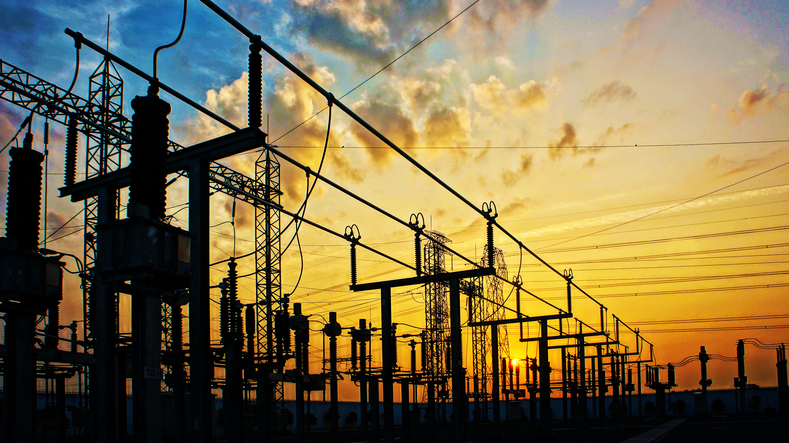Just two electricity projects have been successful in landing Network Innovation Competition (NIC) funding from Ofgem this year, with three rejected.
Western Power Distribution’s (WPD) DC Share and Scottish and Southern Electricity Networks’ (SSEN) Resilience as a Service projects were successful, winning around £14.4 million of funding from industry regulator Ofgem.
Two further electricity projects, submitted by WPD and UK Power Networks, were rejected by Ofgem for concerns involving the robustness of project methodologies and implementation, uncertainty surrounding practical use cases for the technology being brought forward, and doubts over a project’s “enduring benefit” to networks.
That means around £55.5 million of the total £70 million of funding made available for electricity projects through the NIC is to remain unspent this year.
Winning projects and concerns
Having started the search for new NIC projects in April, a total of six were forthcoming at the early ISP stage. Two – UKPN’s DESTINY project and National Grid Electricity Transmission’s H-Awel – were rejected at that stage, leaving four to progress to the full submission stage.
This resulted in bidders meeting Ofgem’s expert panel, who then made recommendations in late October based on final submissions.
WPD has been awarded £4.72 million of funding to support its DC Share project, which is to develop and trial the use of a DC ring to share load across secondary substations that are otherwise constrained. This will in turn support the powering of rapid charge points for EVs in locations more convenient for users.
Ofgem’s panel considered that this project had the potential to offer a low cost solution for rapid charger deployment, concluding it to be sufficiently innovative while dismissing some initial concerns about the competitiveness of the project partners’ costs.
A total of £9.7 million of funding is to support SSEN’s Resilience as a Service (RaaS) trial, which is being billed as an alternative to more polluting standby diesel generators in remote parts of the DNO’s SHEPD distribution network.
The full detail of Ofgem’s NIC decisions can be found here.
SSEN is to collaborate with Costain and E.On on the RaaS trial, which is due to last for four years. It expands on a previous project conducted by E.On – Simris, in Sweden – which effectively islanded a section of a network and maintained supply by combining renewables with energy storage and smart energy management techniques.
Stewart Reid, head of future networks at SSEN, said that maintaining network resilience while transitioning towards a net zero economy would require new methods, such as RaaS, to be applied.
“These methods need to take advantage of new partnerships, local renewables energy and the advances in the digital world. The awarding of this project is a significant step towards meeting this challenge and we look forward to working with our partners, communities and other stakeholders in its detailed design and delivery.
“The RaaS project will allow us to accelerate and de-risk the use of services for providing resilience, including enabling infrastructure, data exchanges and commercial arrangements, thereby reducing uncertainty for customers and industry,” he said.






